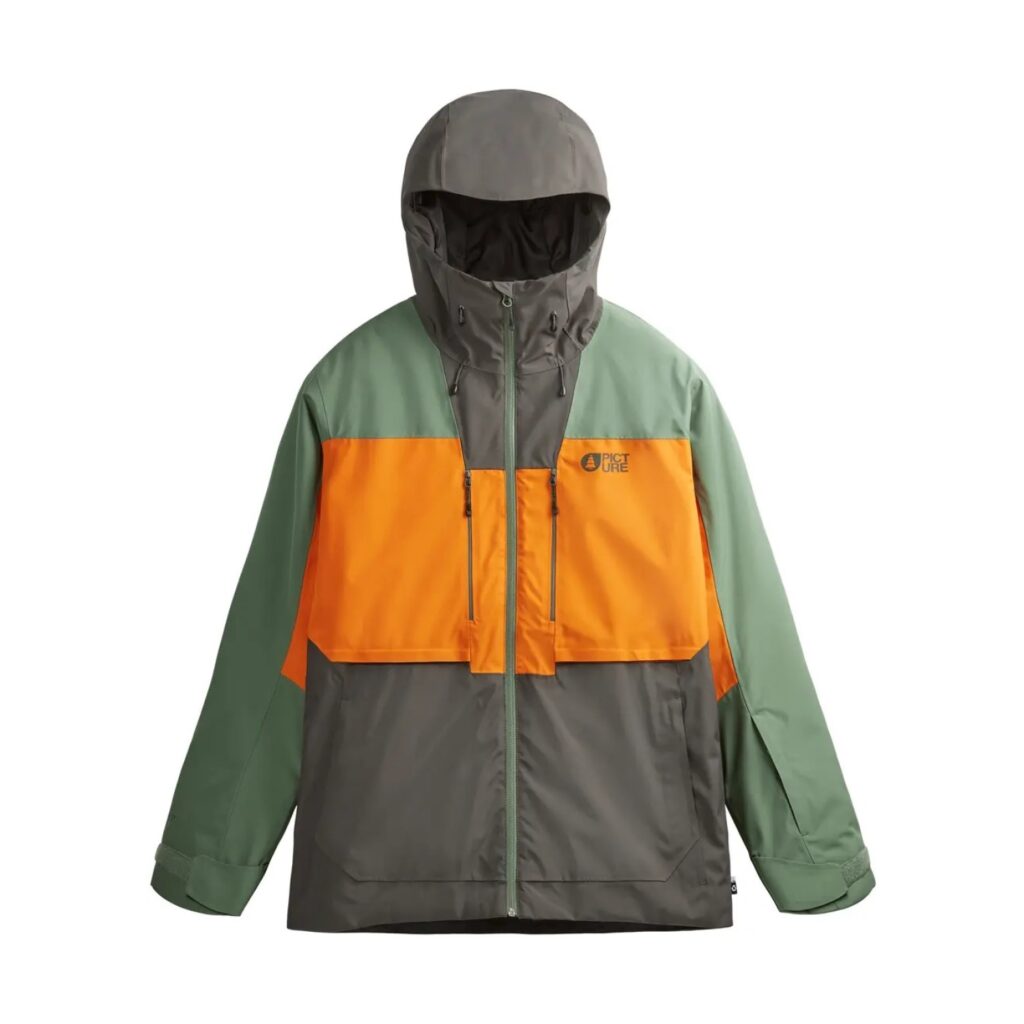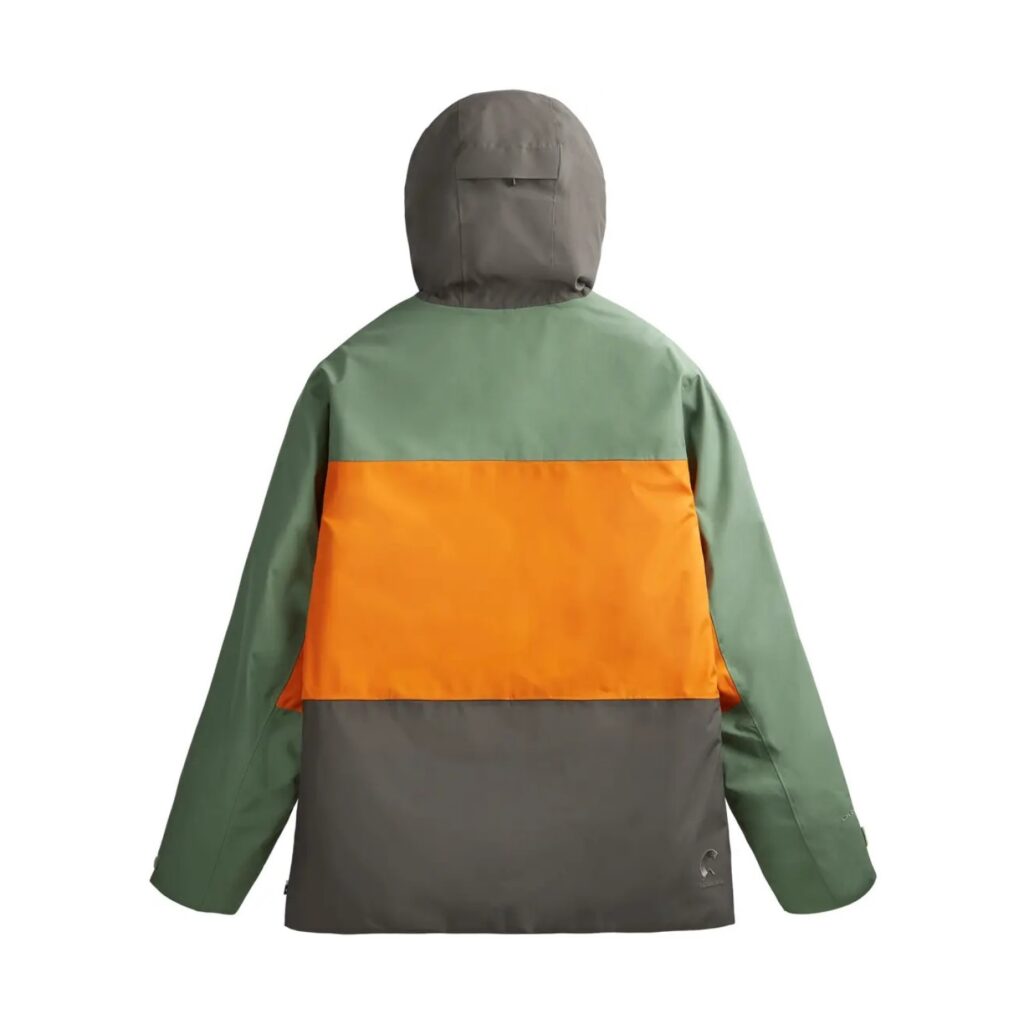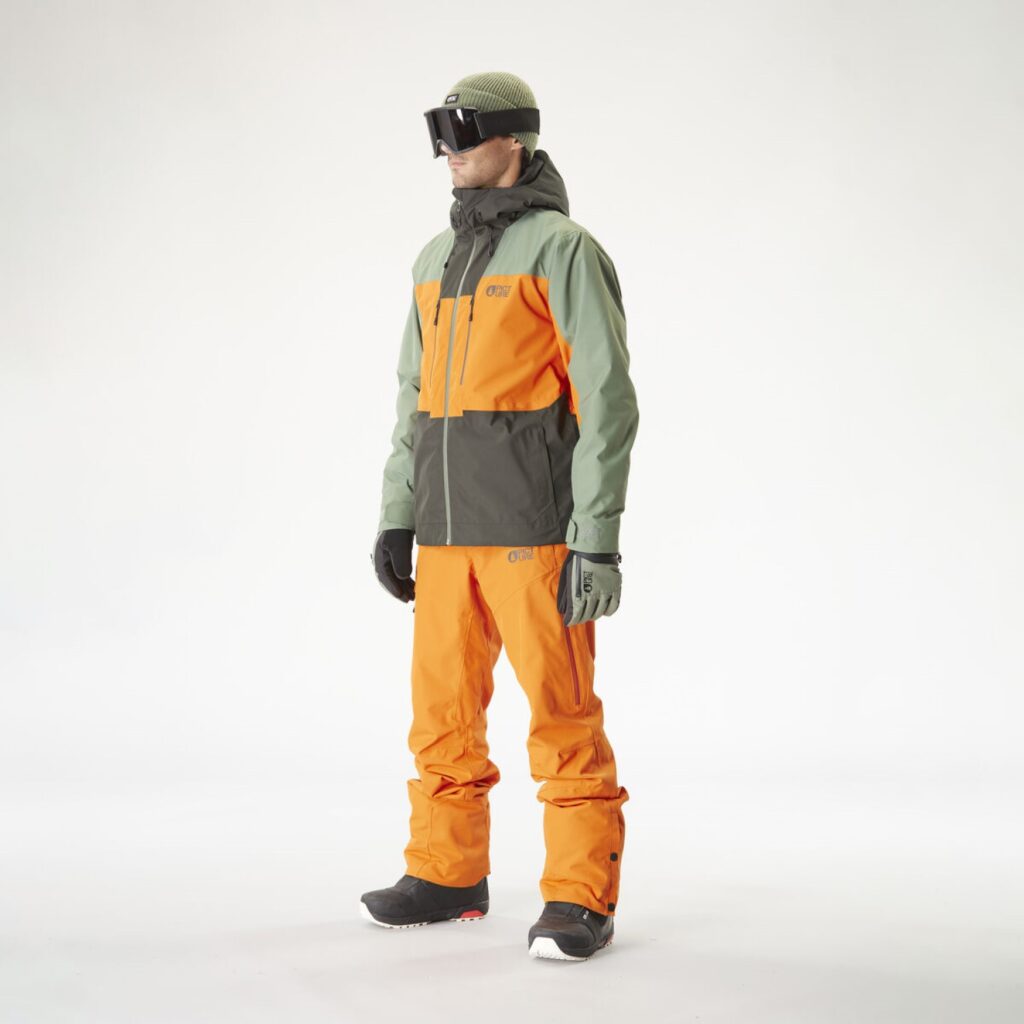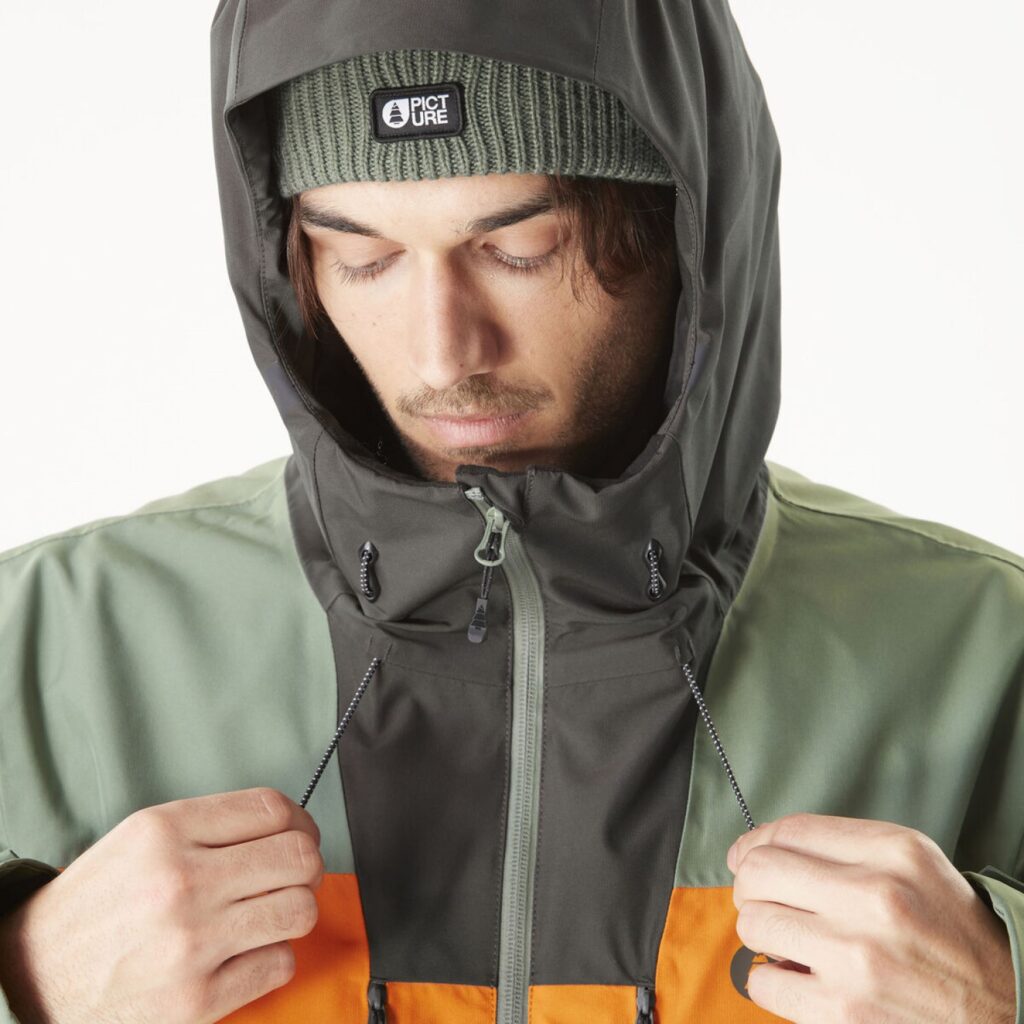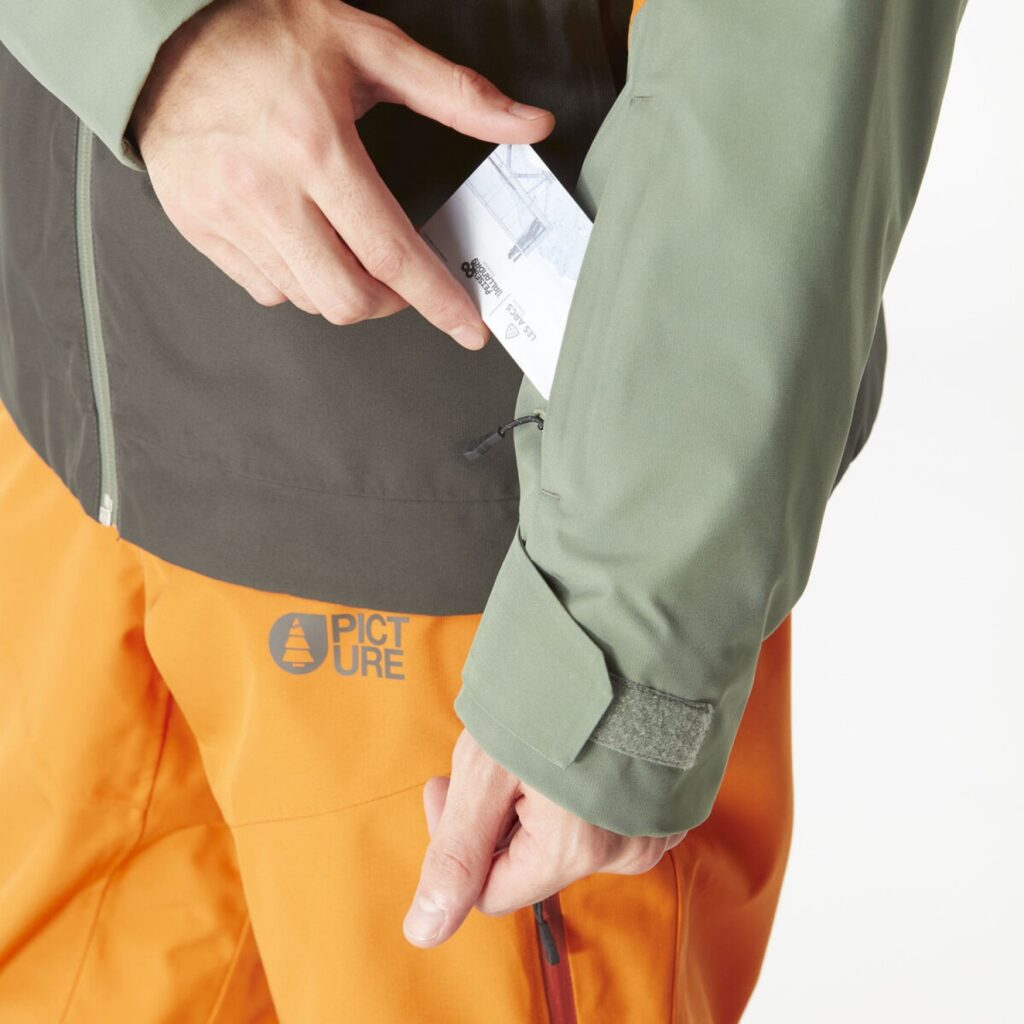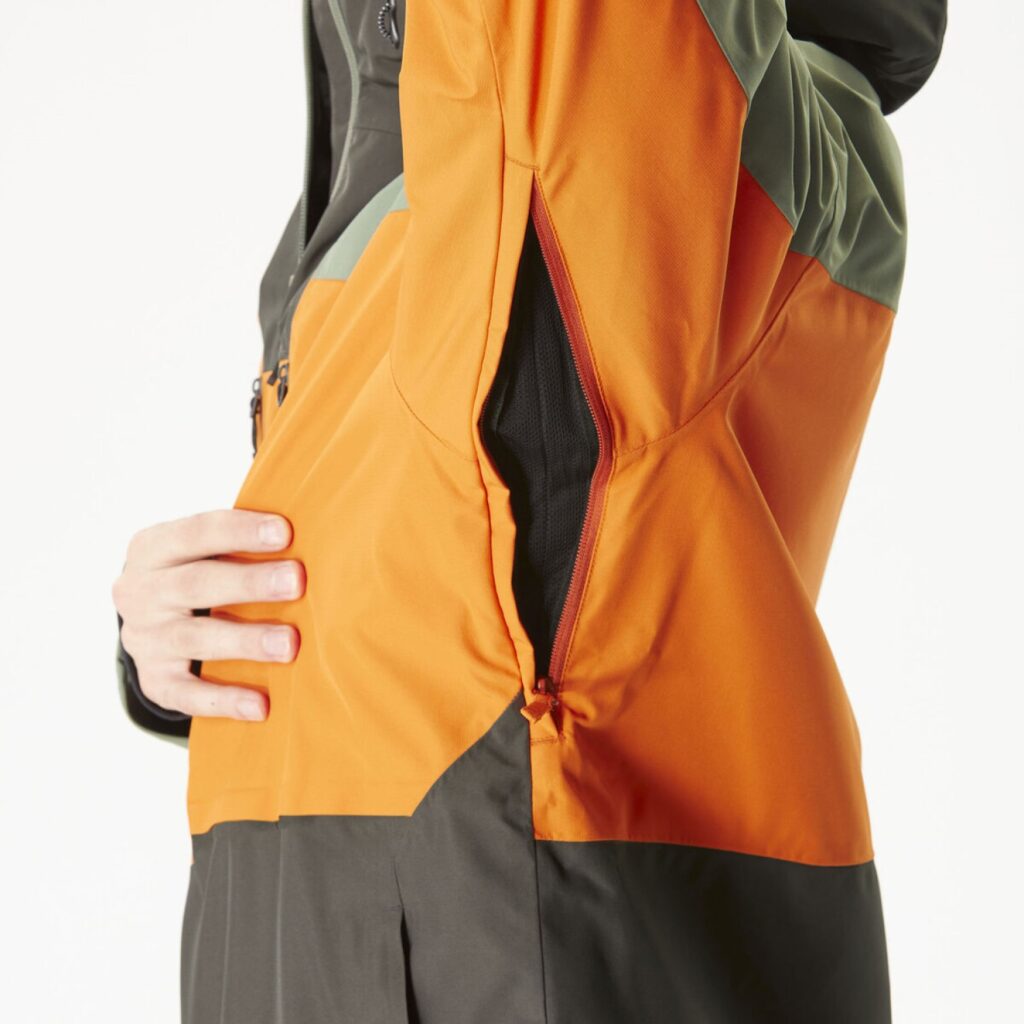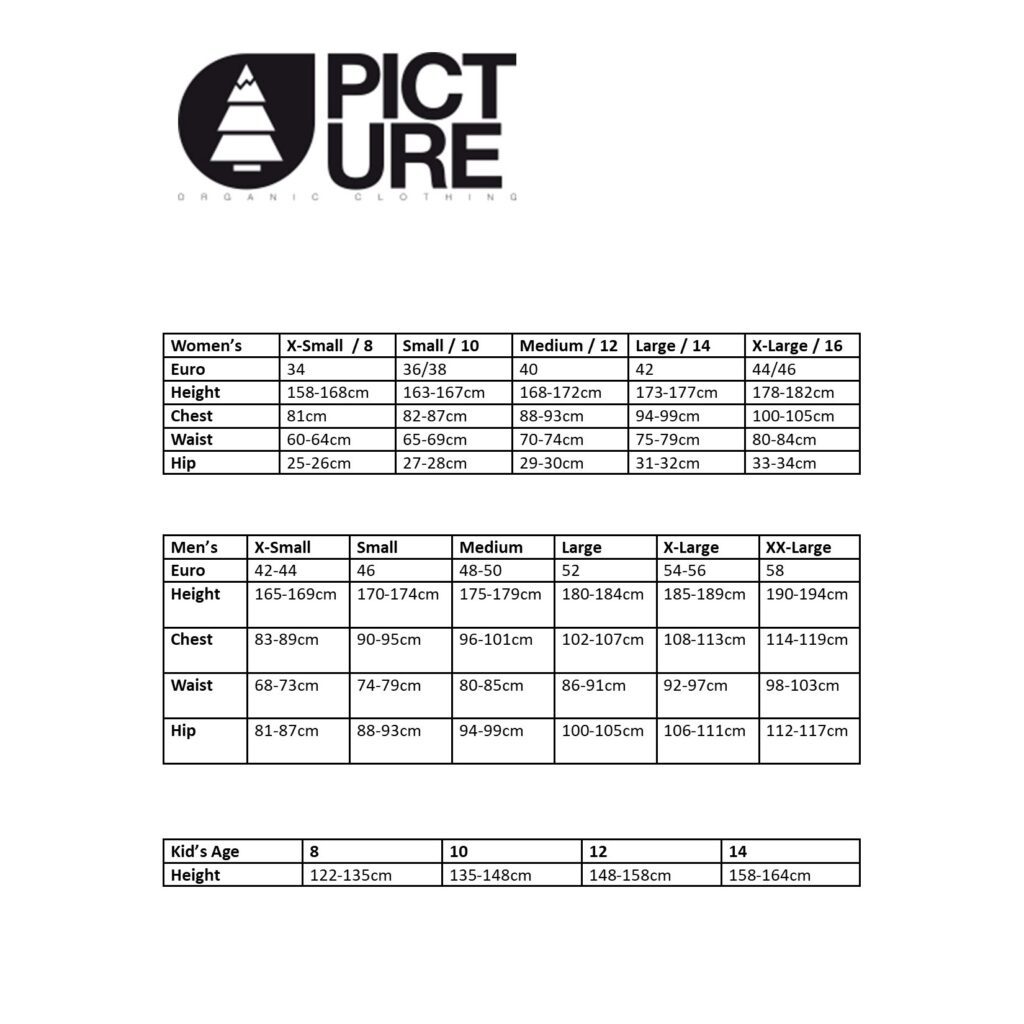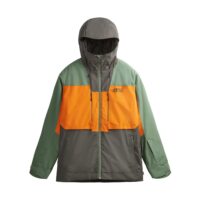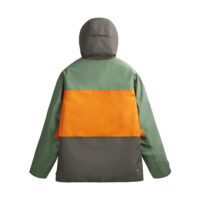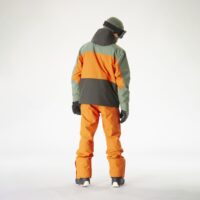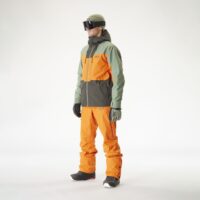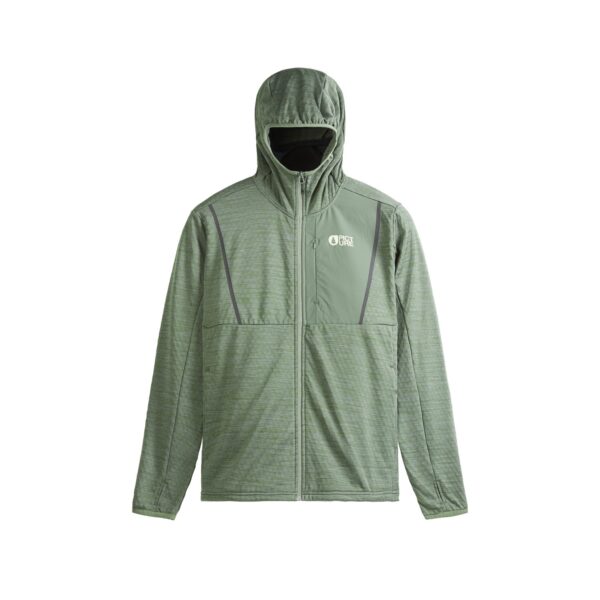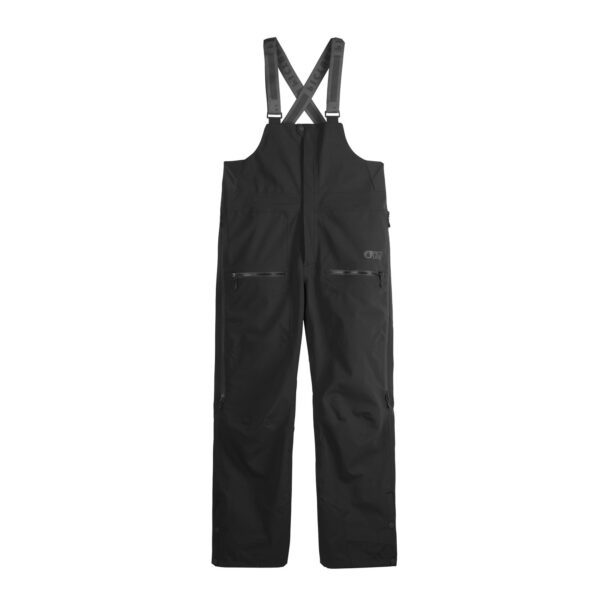Picture Object Jacket -Raven Grey
$579.90 Original price was: $579.90.$579.90Current price is: $579.90.
gnomes V.I.P Club offers members special discounts on current season products. It’s free to join. Login or Register.
Description
Year after year the Object jacket from Picture returns as an iconic reliable piece. This 2-layer insulated jacket, eco-designed with Circular polyester ensures optimal protection with its impressive 20K/20K waterproofing and breathability rating. 60g of insulation, guarantees warmth on those chilly days when you’re chasing after fresh turns. The Object jacket features a PFC-free durable water repellent treatment for enhanced outer layer protection. Fully taped seams and YKK® waterproof zips join forces to create an impenetrable barrier against moisture. The jacket’s underarm venting system empowers you to regulate body heat effortlessly, ensuring comfort even when temperatures rise. With all this and a list of additional features it is no wonder that the Object is one of the most popular jacket choices in Picture’s range. Team it up with the Object ski pant for the ultimate combo.
Features & Specs:
Materials: 100% Circular Polyester
Waterproofing: 20K
Breathability: 20K
Insulation: Thermal STD 60 gr/m2 body and sleeve, 40 gr/m2 hood
Fit: Outerwear slim silhouette stay in normal size if you like a fitted look, if between sizes upsize.
Circular Polyester
This involves collecting and recycling used clothing (all brands) made of 100% polyester. The fabric scraps that occur during the manufacturing process are also mobilised to create a significant stock. Thus, the average composition of a circular fibre is: 60% fabric scraps / 40% used clothing. The polyester is depolymerised to return to the molecular level, without any impurity. Then, there is re-polymerisation to obtain polyester granules. In essence the material from the old clothing is completely broken down and re-spun to create ‘new’ polyester thread to re-create another garment instead of it ending up in landfill.
Dryplay Membrane
This polyurethane blend laminate membrane is waterproof, windproof, and breathable. Extremely durable, it keeps the user dry in all weather conditions. Laboratory and field tested.
Teflon EcoElite
PFC-Free durable water repellent treatment using renewably sourced Teflon Ecoelite Technology. Zero pollution, zero allergies, zero impact on future generations. Guaranteed 90% efficiency after 10 washes.
Thermal Dry System
Made with recycled polyester (PE), Thermal Dry is a knit fabric used as a lining to keep you warm and dry when active. It features unique body mapping construction, placed where the body sweats most, that wicks moisture away.
Additional Features:
• Fully-taped seams
• Adjustable ergonomic hood
• YKK® waterproof zips
• Pit zips
• Stretch snow skirt
• Lycra wrist gaiters with thumbholes
• Adjustable cuffs with hook and loop system
• Tightening drawcord hem
• Chest pockets with waterproof zips
• Hand pockets with reversed zips under flap
• Ski pass pocket
• Jacket to pant interface
• Goggle cleaner
• Weight: 1200 g
Choose your items confidently by reading our buying guide.
Related Gear
We are a team of passionate skiers, our lives are entangled in a world of snow, mountains & ski paraphernalia. Take a look at how we can help you.
Buying guide
Use our buying guide to help you purchase the perfect ski jacket.
The industry standard procedure for measuring a garment’s waterproofing is to place a column of water on a fabric and then increase the water level so more pressure is exerted. Once the water starts to penetrate the fabric, the water level is measured. This gives the fabric’s waterproof rating in mm e.g. 10,000mm. The higher the number, the higher the water proof capability of the item.
Other areas of waterproofing concern are the seams. The stitching, done during manufacture, requires taping or sealing to be waterproof. In some cases all the garment’s stitching is taped while in others only critically placed stitching is taped (i.e. through the shoulders, hood and chest – high exposure areas).
Waterproof/breathable fabrics have pores large enough for water vapour to escape, but small enough to prevent liquid passing through. The garment must be able to breathe from the inside out, otherwise during activity perspiration moisture cannot escape. The garment becomes wet on the inside and the body’s temperature will drop because of it.
Oils, dirt, perspiration and other contaminates will eventually break down the waterproofness and breathability of any garment and so, with time, they become permeable and fully breathable.
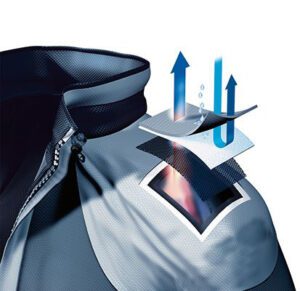
To make sure you remove moisture (perspiration) away from the body while remaining warm, use an appropriate layering system.
Base Layer
This is the most important layer of them all. This layer sits next to the body and has to work the hardest to remove moisture away from the skin and through the other layers. The base layer needs to fit closely to the body. Always choose base layers that have high wicking (removal of moisture away from the skin) properties, so it will regulate your body temperature. If you choose a fabric like cotton, this only stores moisture so will make you feel cold and damp eventually.
Mid Layer
The mid layer is there to add insulation as well as remove moisture from the base layer out to the outer layer. It is better to wear multiple mid layers than one thick one, as this promotes warmth by trapping warm air. Multiple light mid layers can be added or removed as required. Good examples are light fleeces or slightly heavier weight thermals containing merino wool or silk.
Outer Shell
The outer layer consists of jackets and pants, which are there to protect from snow, wind and rain elements. They must be waterproof as well as breathable to remove moisture away from the mid layer, thereby keeping you warmer and dryer. Jackets and pants come in numerous different styles, cuts and fabrics. Choose one that fits comfortably and meets your requirements of waterproofness and breathability.
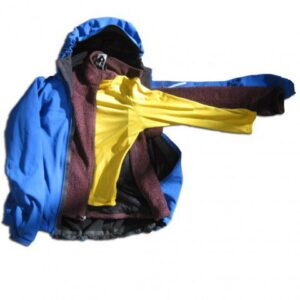
Venting: Extra zips allow increased air flow when the body gets too warm. These are usually found in the upper leg area on pants and under the arm or across the chest, in jackets.
Hoods: Most jackets come with hoods that can either be folded away at the back of the neck or removed and placed in a pocket at the lower back. Modern hoods are shaped to be able to fit over any ski helmet.
Pockets: Pockets for storage are found everywgere, inside and out, on jackets and pants. Think about what you usually have on you and make sure there’s a place for it.
Powder Skirts: An elasticised skirt that stops snow and wind entering the jacket.
Cuffs: They are designed to keep the elements away from wrists. They need to be adjustable to maximise their performance.
Reinforcements: In high use areas harder wearing fabric is used to slow down wear and tear. This reinforced material is often found on shoulders where packs are used as well as lower inside leg area to prevent cuts from ski/snowboard edges.
Seamed/Taped sealed: Garments either fully or critically seam sealed to prevent snow and rain penetrating seamed areas. Crital means only areas deemed “critical” are taped whereas in a fully taped piece all seems are sealed.
Storm flaps: These flaps cover exposed zips with the purpose of stopping snow/wind and rain getting through.
Articulated Areas: Articulated areas make the garment much more comfortable to move in.
Belt Hoops: Fairly obvious – so a belt can be worn on pants, to help them stay in a secure place.
